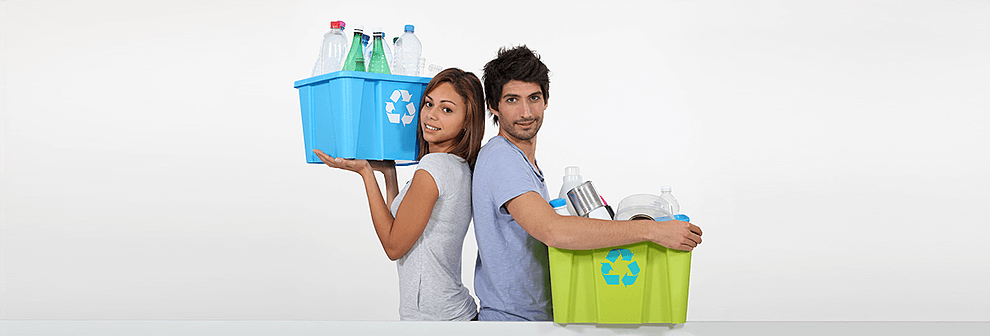Top Recycling Mistakes
Posted on 20/05/2025
Recycling is critical for environmental sustainability, yet many people unknowingly make mistakes that can hinder the process. Understanding these mistakes and how to avoid them can make recycling efforts far more effective. Below are some of the most common recycling mistakes that individuals and businesses make.
Contaminating Recyclables
One of the most common mistakes in recycling is contaminating recyclables with non-recyclable materials. Contamination occurs when non-recyclable items are mixed with recyclables, rendering the entire batch unusable. For instance, greasy pizza boxes or food-stained containers should never be placed in the recycling bin.

Not Rinsing Containers
Many people toss containers into the recycling bin without rinsing them out. Residual food particles or liquids can contaminate the recyclables, making the recycling process more difficult and costly. Always make it a habit to rinse out bottles, cans, and other containers before recycling them.
Recycling Incorrect Items
Not everything can be recycled. Items like plastic bags, Styrofoam, and certain types of glass can't be processed in standard recycling facilities. Incorrectly recycling these items can damage machinery and contaminate other recyclables. Always check your local guidelines to know which items are acceptable.
Bagging Recyclables
Another common error is placing recyclables in plastic bags. Most recycling facilities do not accept plastic bags as they can get tangled in machinery. Instead, put recyclables directly in the designated bin without any bags.
Ignoring Special Disposal Instructions
Items like batteries, electronics, and hazardous waste need specific disposal methods. Tossing these items into regular recycling or trash bins can pose serious environmental and safety risks. Always consult local guidelines for the proper disposal of such items.
Pros and Cons of Recycling
Pros:
- Reduces waste in landfills
- Conserves natural resources
- Saves energy
- Creates job opportunities
- Reduces greenhouse gas emissions
Cons:
- Requires energy and resources to process recyclables
- Contamination can render batches useless
- Not all materials can be endlessly recycled
- Misunderstanding recycling guidelines can lead to inefficiencies
Tips for Effective Recycling
- Always rinse out containers before recycling.
- Check local guidelines to know what items are accepted.
- Avoid placing recyclables in plastic bags.
- Separate recyclable materials from items that need special disposal.
- Educate yourself and others about proper recycling practices.

Takeaways
Recycling effectively requires a bit of effort and awareness. By understanding and avoiding common recycling mistakes, you can ensure that your recycling efforts are truly beneficial. It's important to know what can and cannot be recycled, and always to follow local guidelines.
Conclusion
Recycling is a crucial part of environmental sustainability, but common mistakes can significantly impact its effectiveness. By being aware of issues like contamination, not rinsing containers, and recycling incorrect items, you can make a real difference. Following the outlined tips, understanding the pros and cons, and spreading awareness can help create a more efficient recycling process for everyone. Remember, every effort counts in making the planet a better place to live.
Latest Posts
UK's Environmental Issues: Waste Dumping
Effortless Household Recycling Ideas






